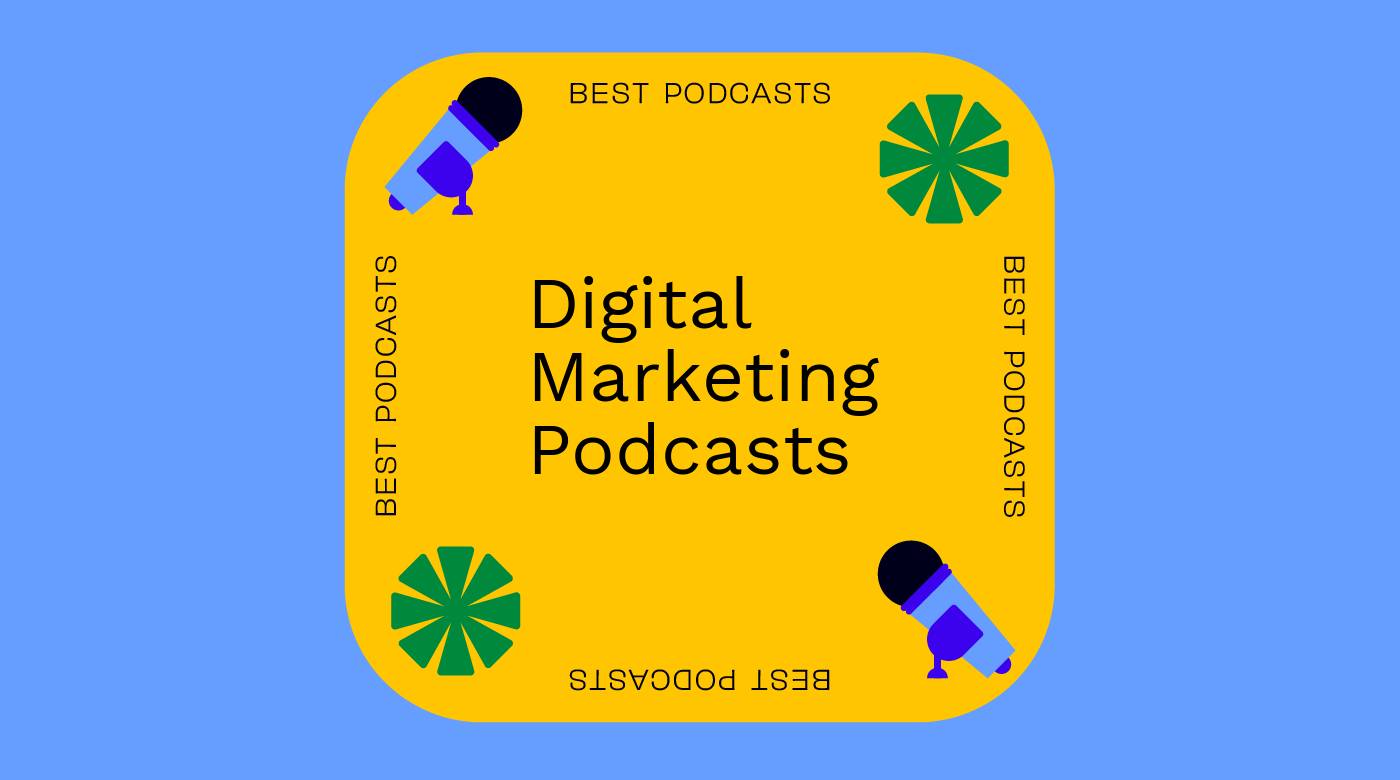Introduction
Podcasting has emerged as one of the most powerful mediums for content creators, businesses, and influencers. With millions of active listeners worldwide, podcasts offer a unique opportunity to engage with an audience in an intimate and informative way. However, creating a great podcast is only half the battle.
The real challenge lies in marketing your podcast effectively to ensure it reaches the right audience and grows consistently over time. In this guide, we will explore the most effective podcast marketing strategies, from leveraging social media to optimizing SEO and using collaborations to boost visibility.
Understanding Your Target Audience

The foundation of any successful marketing strategy is understanding your target audience. Before you start promoting your podcast, you need to define who your ideal listener is. Consider factors like demographics, interests, and listening habits.
Are they professionals seeking industry insights, casual listeners looking for entertainment, or students eager for educational content? Understanding their preferences will help you craft a marketing strategy that resonates with them. Conduct market research, engage with potential listeners on social media, and analyze competitor podcasts to gain insights into what works best in your niche.
Optimizing Your Podcast For SEO
SEO (Search Engine Optimization) is crucial for improving your podcast’s discoverability. Just like websites and blogs, podcasts can benefit from strategic keyword placement. Start by choosing a descriptive title and an engaging podcast description that includes relevant keywords.
Episode titles should be clear, informative, and contain keywords that potential listeners might search for. Additionally, show notes provide an excellent opportunity to include keywords naturally while summarizing the content of each episode. Transcribing your episodes can also improve SEO rankings, as search engines can index text more effectively than audio content. Submitting your podcast to directories like Apple Podcasts, Spotify, and Google Podcasts with keyword-rich descriptions will further enhance its visibility.
Leveraging Social Media For Promotion
Social media platforms are essential for promoting podcasts and engaging with listeners. Each platform has unique features that can be utilized for marketing. Instagram and TikTok are great for sharing short, engaging video clips from your episodes, while Twitter allows for quick updates and interaction with your audience. Facebook groups and pages provide a space to build a community around your podcast.
LinkedIn is ideal for professional or business-related podcasts. To maximize engagement, create eye-catching graphics, teaser clips, and behind-the-scenes content. Live Q&A sessions, giveaways, and interactive posts can also help build a loyal listener base. Additionally, using relevant hashtags and collaborating with influencers in your niche can increase reach and visibility.
Email Marketing And Newsletters
Building an email list is a powerful way to market your podcast directly to your audience. Email newsletters allow you to share new episodes, exclusive content, and updates with your subscribers. Start by offering an incentive, such as a free guide, an exclusive episode, or early access to content, in exchange for email subscriptions.
Personalizing emails with engaging subject lines and content tailored to your audience will improve open and click-through rates. Including links to your podcast episodes, show notes, and calls to action encouraging feedback or sharing will further boost engagement. A consistent email schedule, whether weekly or biweekly, will help maintain audience interest and retention.
Collaborating With Other Podcasters
Collaboration is a highly effective way to expand your audience. Partnering with other podcasters in your niche can introduce your podcast to their listeners. Guest appearances on other podcasts allow you to showcase your expertise and attract new followers.
Inviting popular podcasters as guests on your show can also boost credibility and attract their audience. Cross-promotion through social media shoutouts, episode swaps, and joint projects can further enhance your podcast’s reach. Building relationships with fellow podcasters and engaging in relevant communities will create opportunities for future collaborations and growth.
Using Paid Advertising

While organic growth is ideal, paid advertising can provide an extra boost to your podcast marketing efforts. Social media ads on platforms like Facebook, Instagram, and Twitter allow for highly targeted promotions based on demographics, interests, and behaviors. Google Ads can be used to target search queries related to your podcast topic.
Podcast directory ads, such as those on Spotify and Apple Podcasts, help increase visibility among active podcast listeners. Collaborating with influencers or using podcast advertising networks to run ads within other podcasts can also drive significant traffic. It’s essential to monitor ad performance and adjust campaigns for maximum ROI.
Encouraging Listener Engagement And Reviews
Building a loyal community around your podcast involves active listener engagement. Encouraging listeners to leave reviews and ratings on podcast platforms can significantly impact your podcast’s credibility and rankings. Engaging with your audience through social media, email, and direct messages fosters a stronger connection.
Running contests, giveaways, or exclusive live sessions for dedicated listeners can boost interaction. Creating a Facebook or Discord community where listeners can discuss episodes, share feedback, and connect with each other enhances engagement. Acknowledging listener comments, questions, and shoutouts in episodes adds a personal touch and encourages further participation.
Repurposing Podcast Content
Maximizing content reach involves repurposing podcast episodes into different formats. Blog posts based on episode transcripts help attract readers and improve SEO. Video content, such as YouTube videos with episode highlights, can appeal to a visual audience. Short clips and audiograms for social media increase engagement and shareability.
Infographics summarizing key takeaways can be posted on Pinterest and Instagram. Converting episodes into email newsletters provides an additional touchpoint for audience connection. The more ways you present your content, the higher the chances of reaching a broader audience.
Monitoring Analytics And Adjusting Strategies

To ensure continued podcast growth, tracking performance metrics is essential. Analytics provide insights into listener demographics, episode popularity, retention rates, and engagement levels. Platforms like Apple Podcasts, Spotify, and Google Podcasts offer built-in analytics tools, while third-party services like Podtrac and Charitable provide deeper insights.
Regularly reviewing this data helps identify what content resonates most with listeners. Experimenting with episode formats, release schedules, and promotional strategies based on analytics ensures continuous improvement. Staying flexible and adapting to listener preferences will help maintain and grow your audience effectively.
Conclusion
Marketing a podcast requires a combination of strategy, consistency, and creativity. Understanding your audience, leveraging SEO, utilizing social media, and engaging listeners are fundamental to growing your podcast’s reach. Collaborations, email marketing, paid advertising, and repurposing content further enhance visibility.
Monitoring analytics and adapting strategies based on performance insights ensure sustained growth. With dedication and the right marketing approach, your podcast can reach and engage a loyal audience, leading to long-term success.

